
China's FMCGs suffer lower selling prices in 9M 2020
Leading e-commerce players have focussed more on bargain-conscious consumers.
China's fast-moving consumer goods (FMCGs) suffered flat sales in 2020 following three straight years of growth, as the average selling prices (ASP) declined an average of 2.1% in the first three quarters, according to a report from Bain.
Volume growth in the sector held steady at 2% compared to 2019, but consumers have been buying more mass-market products and making more of their purchases online, where products typically are sold at promotional rates, the report noted.
"Indeed, after years in which selling prices outpaced inflation, the long run of premiumization―or the ability to increase ASP above the rate of inflation―ended this year, another victim of COVID-19," the report stated.
Three major pricing trends emerged during the year. First, mass segments were growing as fast as premium segments, with both outpacing midrange segments in categories such as instant noodles, personal wash, fabric detergent and infant formula. This is expected to continue even after COVID-19 ends.
Second, there was a rise in heavy promotions that companies offered in categories such as makeup that suffered heavily during the pandemic, and categories with intensifying competition such as toothpaste. Brands sold goods at unprecedented discounts, especially online.
Third, the leading e-commerce players have focused more on bargain-conscious consumers to fuel growth, reflected in the rapid growth of Pinduoduo and the fact that the top two retailers invested in lower-priced platforms: Alibaba’s Taobao Deal and JD’s Jingxi.
"As consumer confidence improved, sales of premium products gradually recovered from the first to third quarters, but this premiumization trend was not enough to offset the negative pressure on prices," the report stated.
The FMCG companies that surged during the pandemic and are expected to continue booming in the recovery are hygiene categories such as personal wash, carbonated soft drinks and other products that were widely used in stay-at-home situations.
Meanwhile, categories that boomed in the lockdown weeks then stabilized as restrictions were lifted include frozen food, packaged water and household cleanser, as consumers who stocked up on such categories did not need to buy more.
Products with sales dropped dramatically during the pandemic, only to quickly recover as consumers repurchased, are largely related to health and nutrition. Milk and infant formula even generated stronger growth than in previous years.
Lastly, categories such as makeup, which was not essential for consumers wearing masks, and impulse categories such as candy declined but are slowly improving.
"However, the recovery speed of those categories was slower than the expected U-shape, presenting an L-shape pattern instead. As consumption continues to return to normal, we see these diverging consumption patterns converging toward the pre-Covid normal," the report stated.
For 2021, consumers are expected to continue ramping up their spending in online and O2O channels. "Short videos and livestreaming are likely to continue thriving, not only as traffic builders but as formidable forces in the retail landscape," Bain said.
As e-commerce steadily grows, the rate of heavy promotions is expected to rise, which is expected to continue serving as a challenge for most brands. The polarization trend in both premium and mass categories is also tipped to continue.




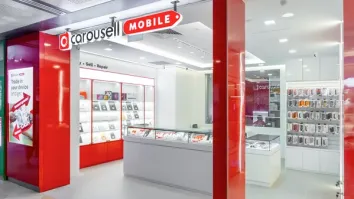




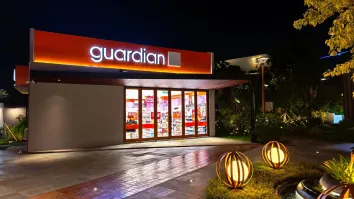


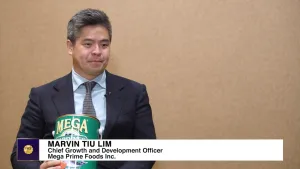
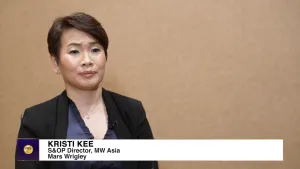


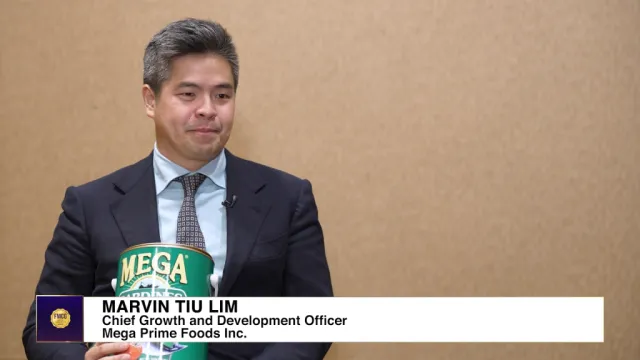
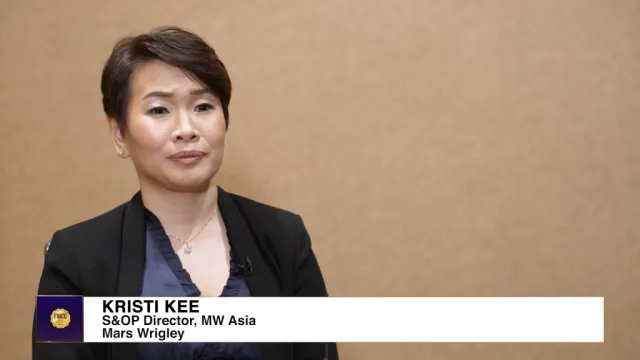

 Advertise
Advertise






